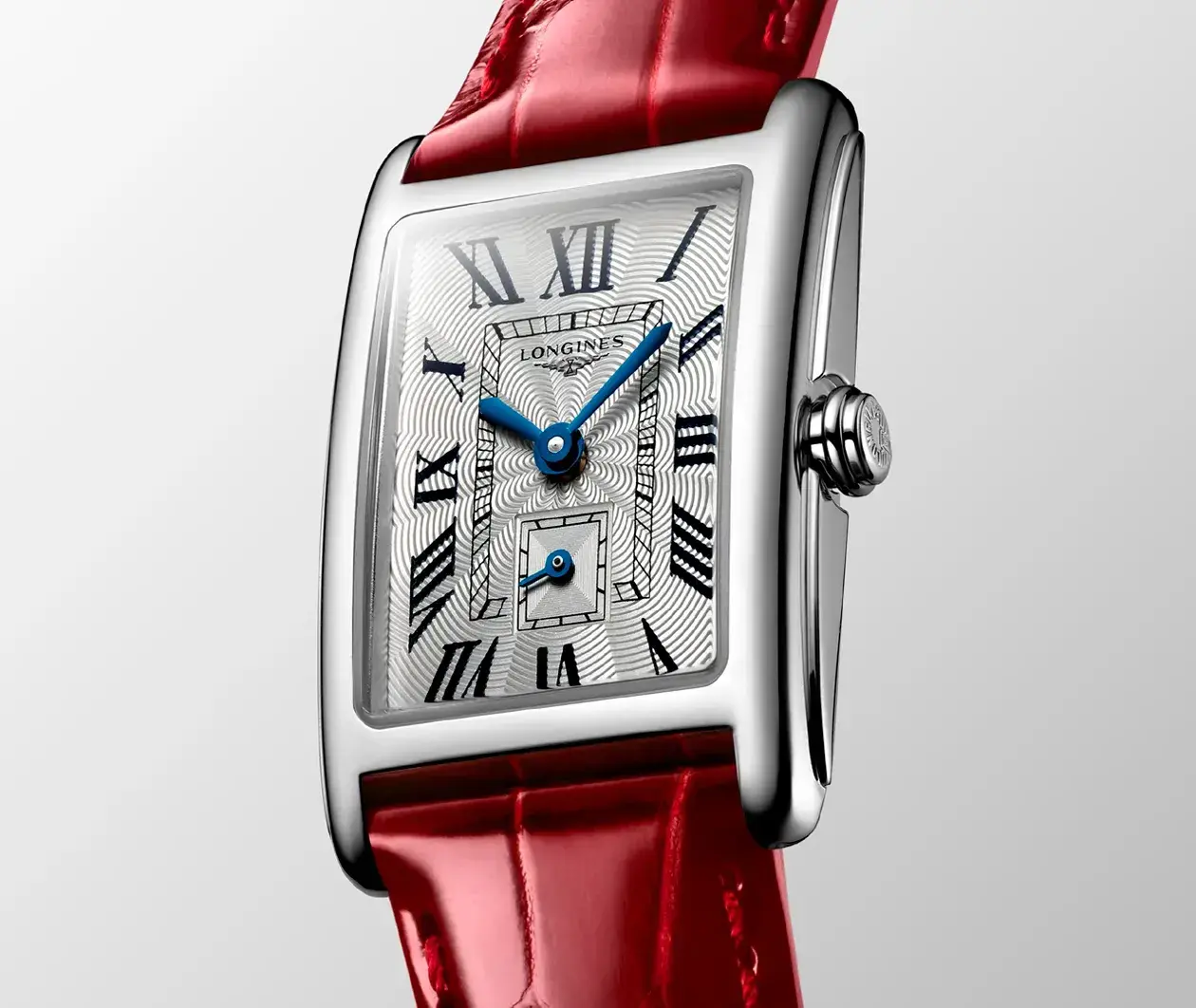Mastering Time: Delving into the Differences Between Quartz and Mechanical Watches

The study of time, known as horology, is filled with old traditions, new ideas, and ways to show who you are. This includes the ongoing discussion about quartz versus mechanical watches. Both types have their own way of keeping time, from the exactness of new technology in quartz watches to the handcrafted methods used in mechanical ones. This detailed guide will help you understand the differences between quartz and mechanical watches, making it easier for watch lovers to explore the complex world of watches. For those who appreciate the latest in watches, there is a range of selections of quartz watches for the modern time enthusiast.
The Heartbeat: Powering the Timepiece
Every watch has a movement, which is the engine that moves the hands and powers the device.
Quartz Watches:
- A tiny quartz crystal vibrates when an electrical current is passed across it by a battery-operated quartz watch.
- With amazing accuracy, these vibrations are recorded and turned into a single pulse every second that powers the movement.
Mechanical Watches:
- When a wearer winds the crown or moves their wrist (in the case of an automatic watch), a sophisticated system of springs and gears drives the movement of the watch.
- The watch’s mechanics are powered by the energy that is progressively released from winding, which keeps time.
Maintenance and Longevity: Upkeep of Your Timekeeper
The journey of owning a watch is marked by its care, maintenance, and the personal relationship that develops over time.
Quartz Watches:
- The simplicity of quartz movements translates to relatively low maintenance, primarily needing battery replacements every one to two years.
- While quartz watches may require less frequent professional servicing, their longevity can be extensive, often limited only by wear and tear on external components.
Mechanical Watches:
- These watches’ complex mechanics require regular care, including expert servicing every three to five years, to guarantee the best possible results.
- Because mechanical movements are durable, well-maintained watches like these can endure for many years and frequently pass for the next generation.
Precision and Accuracy: Monitoring Time
The primary function of watches is to correctly display time. Both mechanical and quartz watches are quite good at this though they have a slight difference.
Quartz Timepieces:
- Quartz watches are known for their accuracy; on average, they lose only a few seconds every month, which makes them quite dependable for daily use.
- Consistent timekeeping can be assured by the stability of quartz crystal oscillations, which is independent of changes that may impact mechanical movements.
Mechanical Watches:
- Although the accurate engineering of mechanical watches is popular, they are capable of small deviations caused by wear, location, and temperature.
- Many enthusiasts love the warmth and charm of mechanical timekeeping despite these small variations; high-end models achieve near-quartz accuracy.
Expertise and Aesthetics: The Feel and Look
- Beyond their functional variations, mechanical and quartz watches provide contrasting experiences and looks that appeal to various values and sensibilities.
Quartz Watches:
- Quartz movements’ simple design enables a wide variety of designs, from tiny profiles to complex digital displays.
- Quartz watches are adaptable accessories for a variety of occasions and tastes since they frequently combine functional qualities with current styles and detailing.
Mechanical Watches:
- The smooth sweep of the second hand and the visible movement, which are frequently displayed through a clear case back, give mechanical watches a certain aesthetic and dynamic attractiveness.
- With skillfully made parts and hand-assembled movements, every mechanical watch shows creativity and craftsmanship.
Wrapping Up
The decision between mechanical and quartz watches is very personal and is shaped by one’s respect for history, craftsmanship, and technology. For individuals who appreciate dependability and convenience, quartz watches are the best choice due to their accuracy and convenience. People who view their watches as works of art can choose mechanical watches. By knowing the major differences between these two kinds of watches, customers can choose a watch that complements their aesthetic tastes, values, and way of life.
More to Love!
Timekeepers of Grace: Exploring the World of Ladies Watches
The 12 Most Expensive Watches Ever Made





